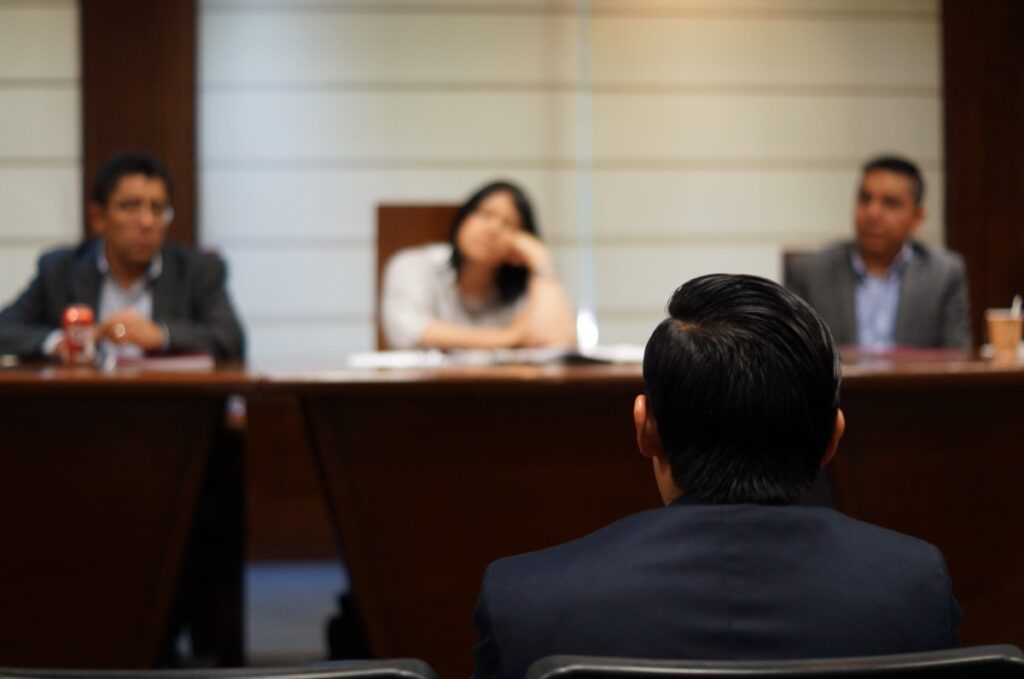CHILD RELOCATION AND RECOVERY ORDERS
Home > Areas of Practice > Family Lawyer > Child Relocation and Recovery Orders
Following separation, there may come a time when a parent wants to move to another city, town, state or country, this is known as relocation and the process of relocation becomes more difficult if the child is primarily living with you. If you wish to relocate, and that relocation will limit the time that the child spends with the other parent, or other significant people in the child’s life, you will either need the consent of the other parent, or an order from the Court.
Before you relocate, you should talk to the other parent first and try to reach agreement. For example, you may agree that the child may spend longer periods of time with the other parent during the school holidays or have longer visits at other times during the year. If you are able to reach agreement about the relocation, you should document your agreement into a written parenting plan or apply to the Court for consent orders.
If you relocate without the permission of the other parent, or an order of the Court, a Court may order you to return until it has considered the matter or may order that the child be returned, this is known as a recovery order.

Applying to the Court
Either party can apply to the Court. The relocating parent can apply for an order to relocate. The other parent can apply to the Court to stop the relocation of the child or if the relocating parent has already moved, can apply to the Court for a recovery order.
The relocating parent will need to satisfy the Court that it is in the best interests of the child to relocate. Generally speaking, the further away the relocating parent intends to move, the less likely a Court will find that is in the best interests of the child as contact with the other parent will become less frequent.
For relocation cases, the Court will balance the rights of a parent’s freedom of movement, against what is in the best interests of the child and will have regard to the following:
- The child’s interests in having a meaningful relationship with both parents
- Protecting the child from physical or psychological harm or from being subjected to or exposed to abuse, neglect or family violence
- The child’s views
- The nature of the child’s relationship with both parents, and others such as grandparents
- Where the parents are willing and able to facilitate and encourage a relationship between the child and the other parent
- How the changes are likely to affect the child’s circumstances
- Maturity, sex, lifestyle and background of the parents and the child
- Any incidents of family violence
- Anything else the court considers relevant
Recovery Order
A recovery order is an order made by the Federal Circuit Court requiring the return of the child. Only certain people connected to the child can apply for an urgent recovery order, including a parent of the child, a person who has parental responsibility for the child, a grandparent or a person concerned with the care, welfare or development of the child. When deciding whether a recovery order should be issued, the court will always consider the best interests of the child. If the court grants a recovery order, then it will direct another authority to find the child, in most instances, this is the Australian Federal Police.

International Relocation
The situation will be different if a parent relocates overseas with the child. Depending on which country the parent has moved to, you may be able to apply for them to be returned to Australia under the provisions of The Hague Convention on the Civil Aspects of International Child Abduction (Hague Convention). The Australian Central Authority, within the Attorney-General’s Department, is responsible for administering the Hague Convention. It provides a lawful procedure for seeking the return of abducted children to their home country.
It is unlawful for a parent to move out of the country with their child without an order of the Court or consent of the other parent. If your child is taken overseas, without an order of the court or your permission, you must urgently seek legal advice. It is important that any application made under the provisions of the Hague Convention is made as soon as possible as any delay may impact your application. For example, if the child has already settled in their new country, the Court may not make an order that the child be returned to Australia.
It is also possible to prevent a child from being taken out of the country. If you are aware that the other parent is planning to take your child out of the country, without your permission, you can prevent a passport being issued or prevent your child from leaving the country by placing them on the Family Law Watchlist (also known as the Airport Watchlist).
To place a child on the Family Law Watchlist you must first complete a Family Law Watchlist request form, and in addition, you need to have either:
- Obtained a court order that limits the child’s overseas travel, and which also requests that the Australian Federal Police to place to the child’s name on the Family Law Watchlist; or
- Filed an application with a court for an order seeking to prevent the child travelling overseas or a Parenting Order that limits or prevents the child’s overseas travel and also requests that the Australian Federal Police to place the child’s name on the Family Law Watchlist.
When dealing with any of these situations, it is important that you act immediately. If you do not file immediately, it may impact on the court’s decision in deciding whether to return a child. For specialist parenting advice from a family law lawyer, contact us on (07) 5522 5777.
International Relocation
The situation will be different if a parent relocates overseas with the child. Depending on which country the parent has moved to, you may be able to apply for them to be returned to Australia under the provisions of The Hague Convention on the Civil Aspects of International Child Abduction (Hague Convention). The Australian Central Authority, within the Attorney-General’s Department, is responsible for administering the Hague Convention. It provides a lawful procedure for seeking the return of abducted children to their home country.
It is unlawful for a parent to move out of the country with their child without an order of the Court or consent of the other parent. If your child is taken overseas, without an order of the court or your permission, you must urgently seek legal advice. It is important that any application made under the provisions of the Hague Convention is made as soon as possible as any delay may impact your application. For example, if the child has already settled in their new country, the Court may not make an order that the child be returned to Australia.
It is also possible to prevent a child from being taken out of the country. If you are aware that the other parent is planning to take your child out of the country, without your permission, you can prevent a passport being issued or prevent your child from leaving the country by placing them on the Family Law Watchlist (also known as the Airport Watchlist).
To place a child on the Family Law Watchlist you must first complete a Family Law Watchlist request form, and in addition, you need to have either:
- Obtained a court order that limits the child’s overseas travel, and which also requests that the Australian Federal Police to place to the child’s name on the Family Law Watchlist; or
- Filed an application with a court for an order seeking to prevent the child travelling overseas or a Parenting Order that limits or prevents the child’s overseas travel and also requests that the Australian Federal Police to place the child’s name on the Family Law Watchlist.
When dealing with any of these situations, it is important that you act immediately. If you do not file immediately, it may impact on the court’s decision in deciding whether to return a child. For specialist parenting advice from a family law lawyer, contact us on (07) 5522 5777.

